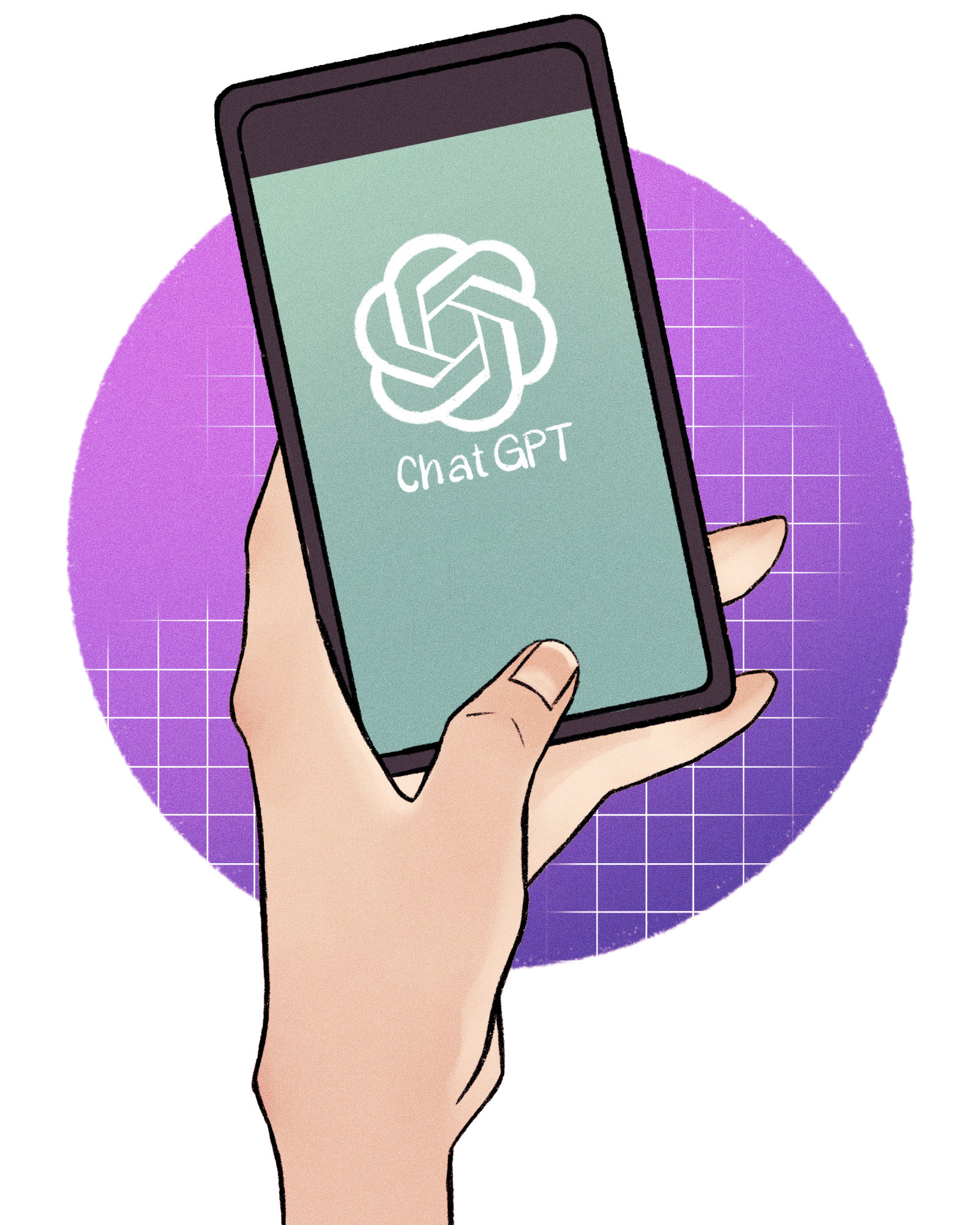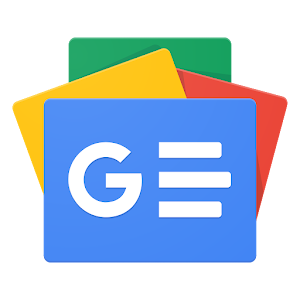OpenAI Provides Free ChatGPT Plus Access During Finals as Students Voice Educational Concerns

ChatGPT’s Offer for Students
In a recent initiative aimed at college students, OpenAI announced that they are providing two free months of ChatGPT Plus for anyone who can verify their student status. Users who click on various online advertisements and complete the quick verification process can receive this incentive. This promotion has been particularly well-timed as many colleges approach their final exams.
What is ChatGPT Plus?
ChatGPT, launched in 2022, has seen a remarkable rise in popularity. While the standard version is available for free, the Plus version typically costs around $20 a month. The Plus subscription grants users access to advanced features not available in the free version. This includes enhanced image generation, data analysis capabilities, and text-to-voice options.
Student Engagement and Feedback
Feedback from students about this offering has been positive. Odette Saenz, a mathematics junior, praised the marketing strategy, noting that the launch aligns perfectly with the peak of finals season. She believes that this promotion will attract more users, particularly since ChatGPT has specifically opened its services to college students.
According to an email statement from OpenAI, a significant portion of messages sent through ChatGPT—about 25%—comes from users aged 18 to 24. Many of these interactions are school-related, involving tasks such as initiating essays, clarifying academic concepts, and generating project ideas. This access to Plus services will remain available during and beyond the finals period, which wraps up on May 5 for many universities.
The Role of AI in Education
The introduction of AI tools like ChatGPT has raised discussion among educators. Some writing instructors have outright banned the use of AI-generated content in their coursework, reflecting a growing concern about academic integrity. During a recent Faculty Council meeting, the Flag Review Committee explored ways to incorporate AI literacy into the academic curriculum.
English professor Carol MacKay emphasized that using AI in writing differs greatly from learning the craft of writing itself. She pointed out that for some students, writing has simply become a requirement rather than a meaningful process. MacKay suggested that students might be missing out on essential educational experiences by relying too heavily on such tools, even as they pursue professional qualifications.
Caution from Researchers
Views on the reliability of ChatGPT vary widely. Nadia Azib, a visiting researcher who investigates how ChatGPT can assist in diagnosing medical conditions based on symptoms, expressed skepticism about the model’s accuracy for research purposes. While she appreciates ChatGPT for its usefulness in generating ideas and rephrasing content, she cautioned that it should not be seen as a definitive source of information. Azib emphasized the importance of verifying facts through additional research.
Saenz echoed this sentiment, stating that while tools like ChatGPT can be helpful in the short term, they may not lead to lasting educational benefits. She highlighted that everyone’s educational journey is unique, and students should be mindful of how they allocate their time and resources. While using AI to assist with coursework can be tempting, it could ultimately impact their learning in the long run.
Final Thoughts on Usage
As the academia navigates the integration of AI into education, it is clear that both students and faculty are deliberating the implications of these technologies. The offer of free access to ChatGPT Plus may draw more users and foster new discussions about the future of learning, although caution and critical thinking remain essential in utilizing these advanced tools effectively.






